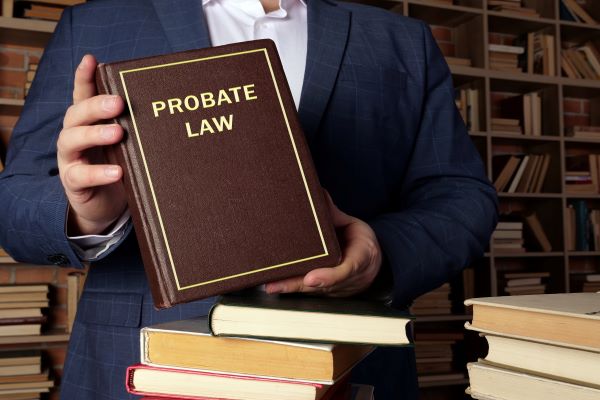Building Your Estate Plan to Eliminate Conflict
Children, including minors and adults, may disagree about family circumstances, especially when it comes to inheriting your estate. Relationships can change and intensify when you die, with underlying issues that bubble to the surface, creating tensions over your estate and possibly…










